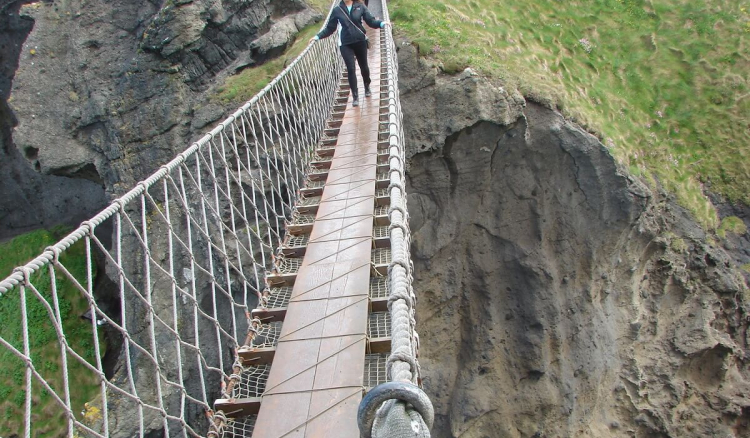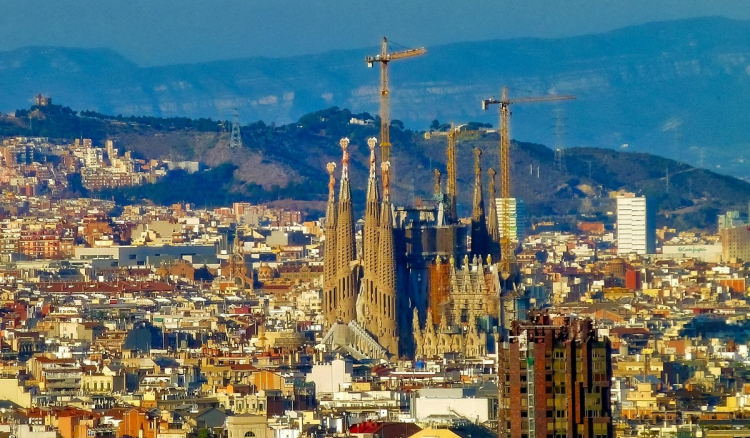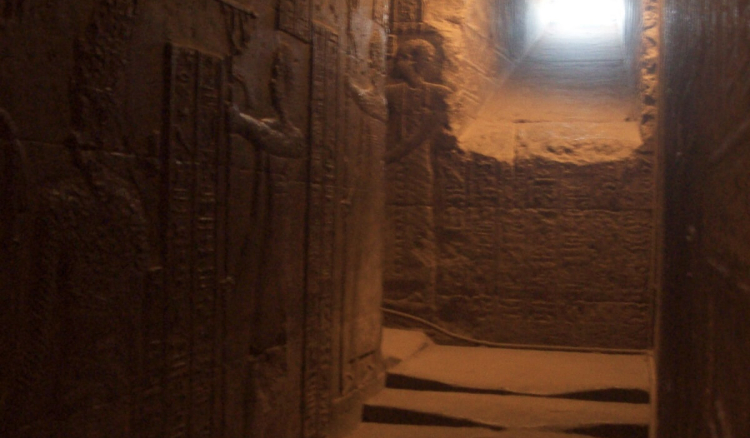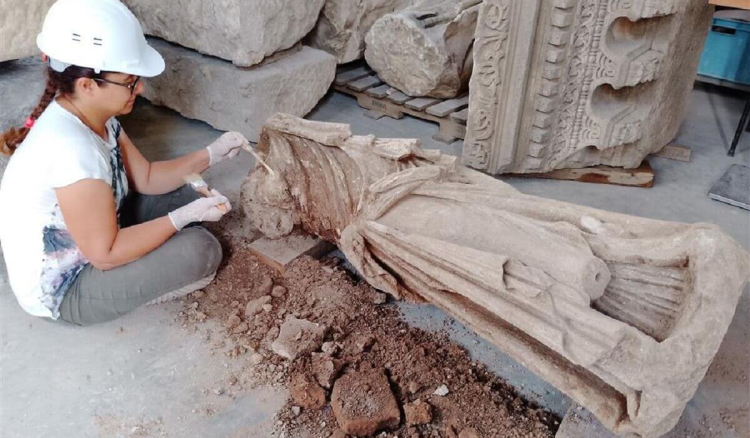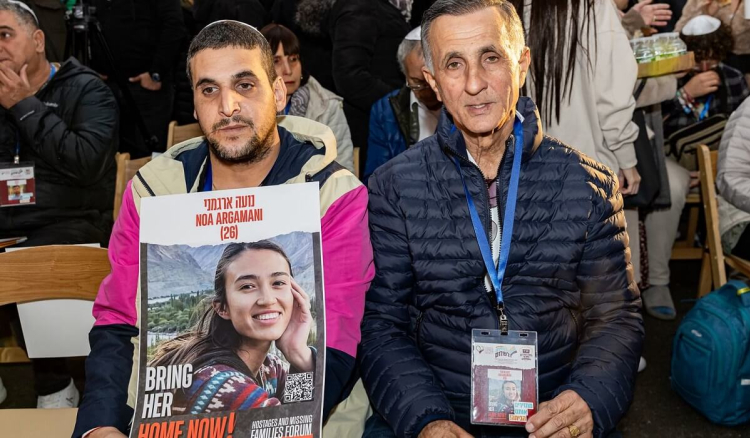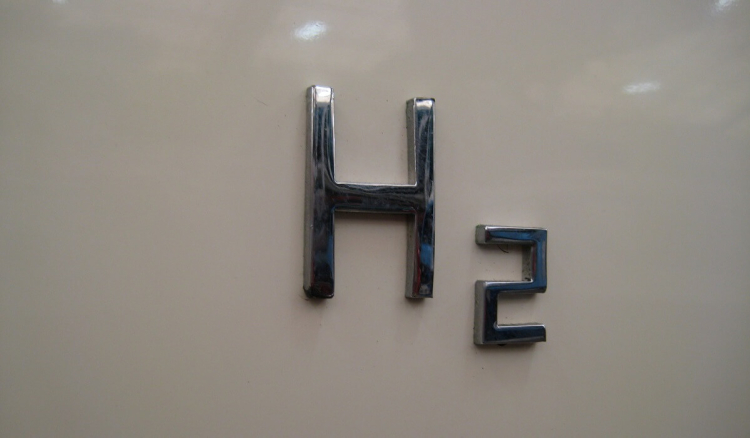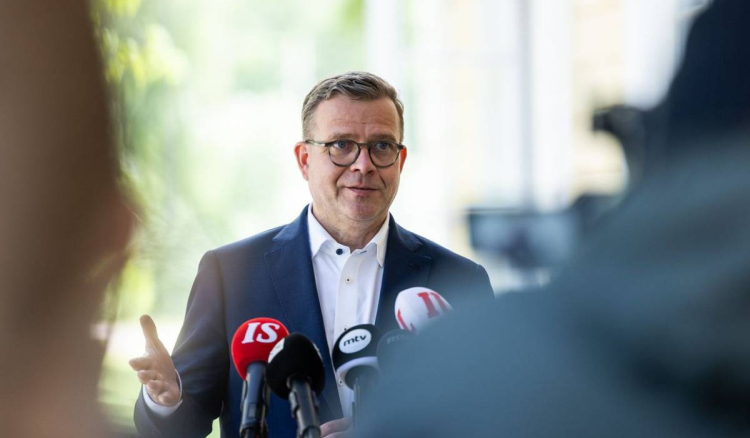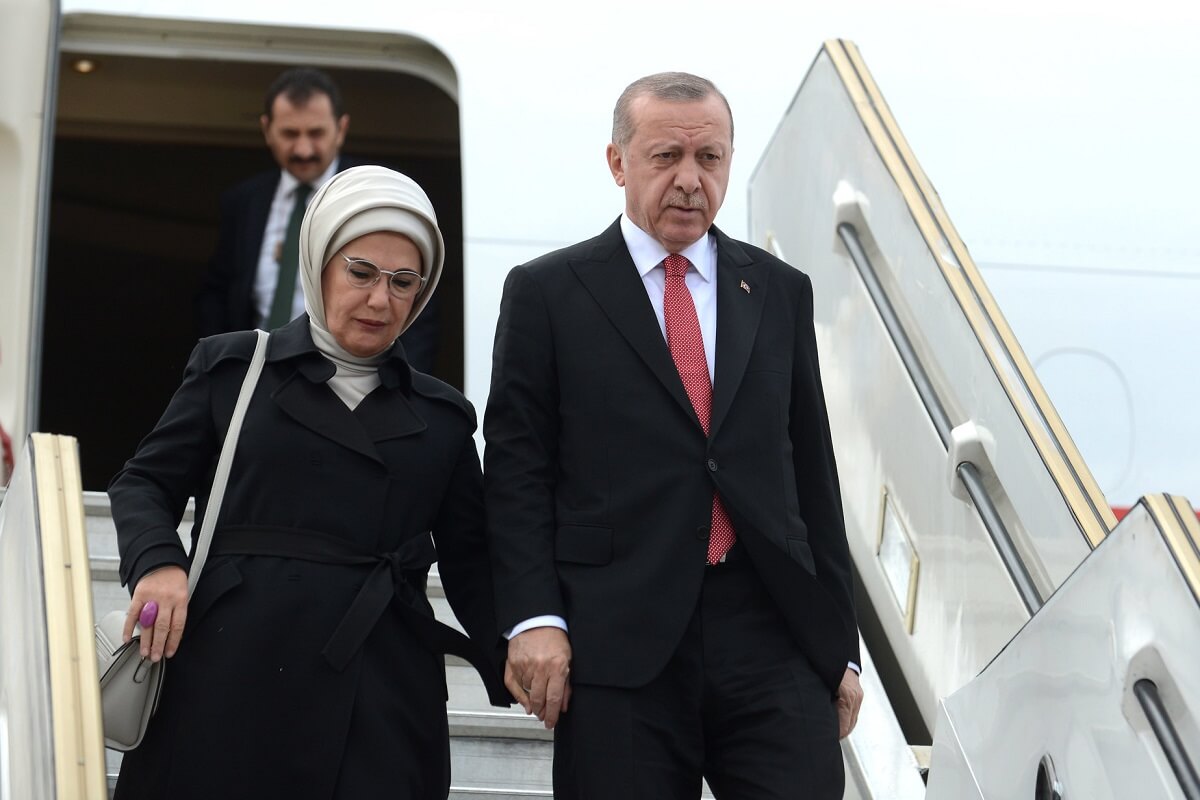
Turkish President Recep Tayyip Erdogan will make his first working visit to Greece in the last six years on December 7. During his visit to Athens, he will meet with the Greek President and Prime Minister.
Erdogan has expressed readiness to start a new era in relations between the countries, bypassing external interference. This will be his first visit to Greece since 2017 and only the second such visit by a Turkish president in the last 70 years.
Greek State Minister Akis Skertsos noted a significant reduction in tensions between the countries, and the upcoming visit is seen as an opportunity for a "new page" in bilateral relations. A high-level Cooperation Council meeting is also planned, involving ministers from both countries, with the expectation of signing at least 20 agreements, including on migration issues.
Turkey and Greece are striving to strengthen their relations despite regional challenges, amid Turkish President Erdogan's visit to Athens, his first crossing of the Aegean Sea in the last six years. Erdogan intends to start a new chapter in relations, moving away from previous hostilities and emphasizing the importance of developing ties without external influence.
This visit, the first since 2017, is a step towards resolving long-standing disputes, including continental shelf boundaries and issues concerning the Muslim Turkish minority.
During the upcoming meeting in Athens, the leaders of Turkey and Greece plan to discuss improving bilateral relations, cooperation between the EU and Turkey, and joint efforts to control irregular migration.
Since early February, when earthquakes devastated Turkey's southern regions, killing over 52,000 people, Greece has actively provided assistance, positively impacting the relationship between the countries. This led to the resumption of strategic contacts, including meetings between high-ranking representatives of both nations.
The Greece-Turkey conflict
The conflict between Greece and Turkey has a long history and many complex aspects, including territorial disputes, disagreements over national minorities, and competition for resources.
Historical Context: Relations between Greece and Turkey have been tense for many centuries. A key point in their history was Greece's liberation from Ottoman rule in the 19th century, which laid the groundwork for further contradictions.
Territorial Disputes: A key aspect of the conflict are territorial claims in the Aegean Sea. These disputes include disagreements over maritime boundaries and airspace, as well as issues of sovereignty over certain islands.
The Cyprus Issue: The division of Cyprus is a complex aspect of relations between the two countries. In 1974, following a state coup supported by Greece, Turkey invaded the northern part of the island, leading to its division. The situation in Cyprus remains one of the key issues in relations between the two countries.
Minorities and Migration Issues: Issues related to the rights and status of the Muslim minority in Greece (mainly in Western Thrace) and the Greek minority in Turkey are also sources of tension. Additionally, both countries face migration and refugee issues, which also affect their relations.
Competition for Energy Resources: In recent years, a crucial aspect of the conflict has been the exploration and extraction of natural resources in the Eastern Mediterranean, leading to a new wave of tension between countries.
International Intervention and Diplomacy: The international community, including the European Union and NATO, is making efforts to resolve conflicts between Greece and Turkey. Both countries are members of NATO, which adds an additional layer of complexity to their relationship.
Overall, the relationship between Greece and Turkey remains complex and multifaceted, with periodic flare-ups of tension and attempts at diplomatic resolution.
- EU opens first hydrogen bank for green energy
The EU launches the world's first Hydrogen Bank, investing 800 million euros to boost the share of green hydrogen in the energy sector by 2050
- Vukovar prosecutor's office refutes information about ex-minister's condition in car accident
Vukovar prosecutor's office reports: Former Croatian defense minister was not drunk at the time of fatal car accident, investigation continues
- Finland may close border with Russia: concerns raised over number of undocumented migrants
Finnish Prime Minister Petteri Orpo expresses concern over Russian border guard policies, full border closure considered




